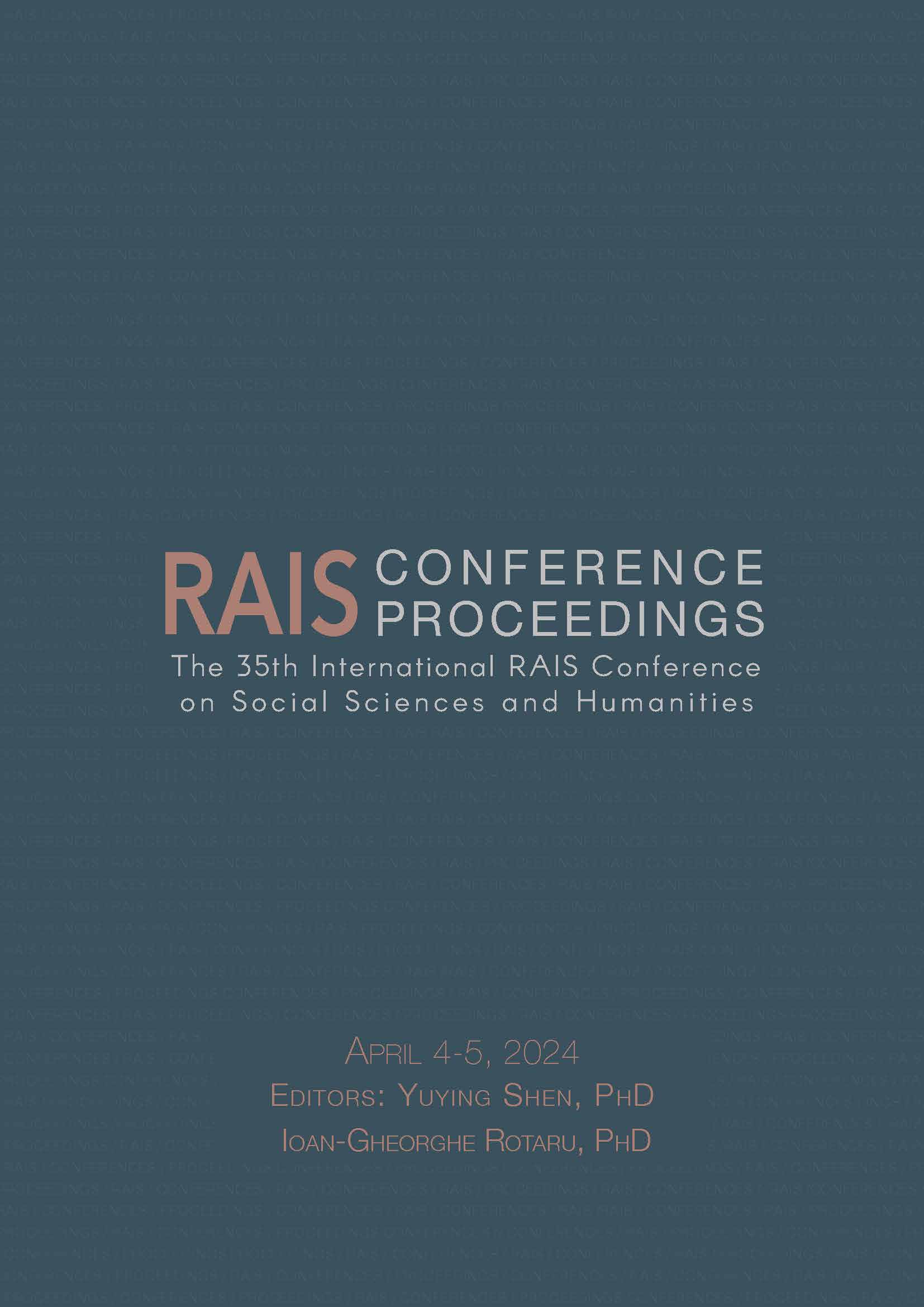Intertemporal Aspects of Keynes' Multiplier: On the Long-Term Benefits of Green Investments
Intertemporal Aspects of Keynes' Multiplier: On the Long-Term Benefits of Green Investments
Author(s): Julia M. Puaschunder
Subject(s): Business Economy / Management, Energy and Environmental Studies
Published by: Scientia Moralitas Research Institute
Keywords: behavioral economics; economics; finance; green funds; green investments; Keynes’ multiplier; sustainability; temporal discounting;
Summary/Abstract: One of the hallmarks of macroeconomics is the Keynesian multiplier. John Maynard Keynes described the multiplying effect of new investments in the economy to have multifaceted influences on the overall wellbeing of nations. The notion that investments drive economic activity and growth is consolidated with many empirical findings in different domains. Interestingly, hardly any account exists on intertemporal aspects of Keynes’ multiplier. The discounting and temporal elements of multiplying effects and the time-lag for investments to bloom in the economy are – to this day – not captured. Behavioral economics offers ample account on discounting. People are found to focus on the present rather than discounting for future instances properly. Integrating a temporal element into the Keynesian multiplier effect offers opportunities to understand the long-term benefits of green investments. Environmentally-conscientious finance has seen an advent in most recent decades. To this day, however, there is no clear account of the performance of green funds. Temporal aspects in Keynes’ multiplier may help understand the difficulty in determining the long-term advantages of green investments. Adding information on the long-term benefits of green funds may also serve contemporary endeavors to capture wealth in nature. This article is organized as follows: First, an introduction describes Keynes’ multiplier and temporal discounting. Then the need for integrating temporal aspects into Keynes’ multiplier is outlined. The application of temporal Keynes’ multiplier aspects in the green investment domain is provided. The discussion closes with a prospect for future research avenues.
Book: Proceedings of the 35th International RAIS Conference on Social Sciences and Humanities
- Page Range: 175-179
- Page Count: 5
- Publication Year: 2024
- Language: English
- Content File-PDF

